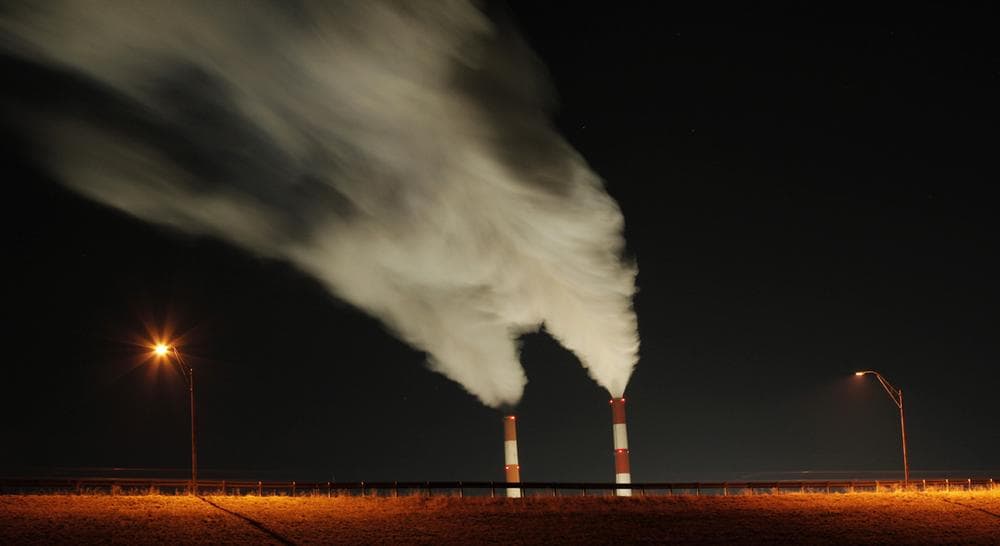Advertisement
Could Spraying Aerosols Into The Atmosphere Cut Global Warming Impacts In Half?

It may sound like an idea out of a science fiction movie: spraying aerosols into the atmosphere to reflect sunlight and cool the Earth.
But a new study by scientists at MIT, Harvard and Princeton says the process — called solar geoengineering — may be a cheap and effective way to reduce the impacts of global climate change.
Guest
Kerry Emanuel, professor of atmospheric science at MIT. The Department of Earth, Atmospheric and Planetary Sciences tweets @eapsMIT.
This article was originally published on March 11, 2019.
This segment aired on March 11, 2019.

